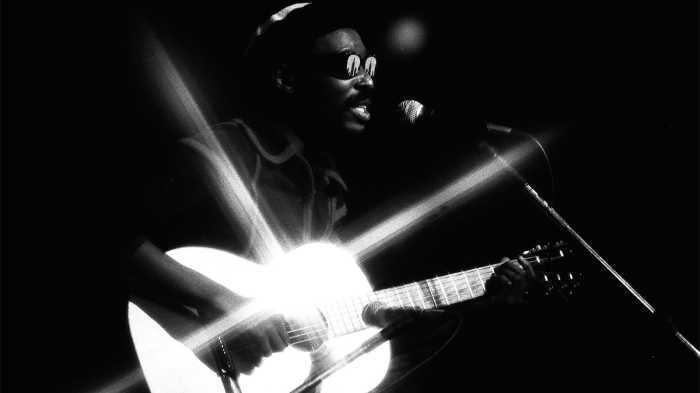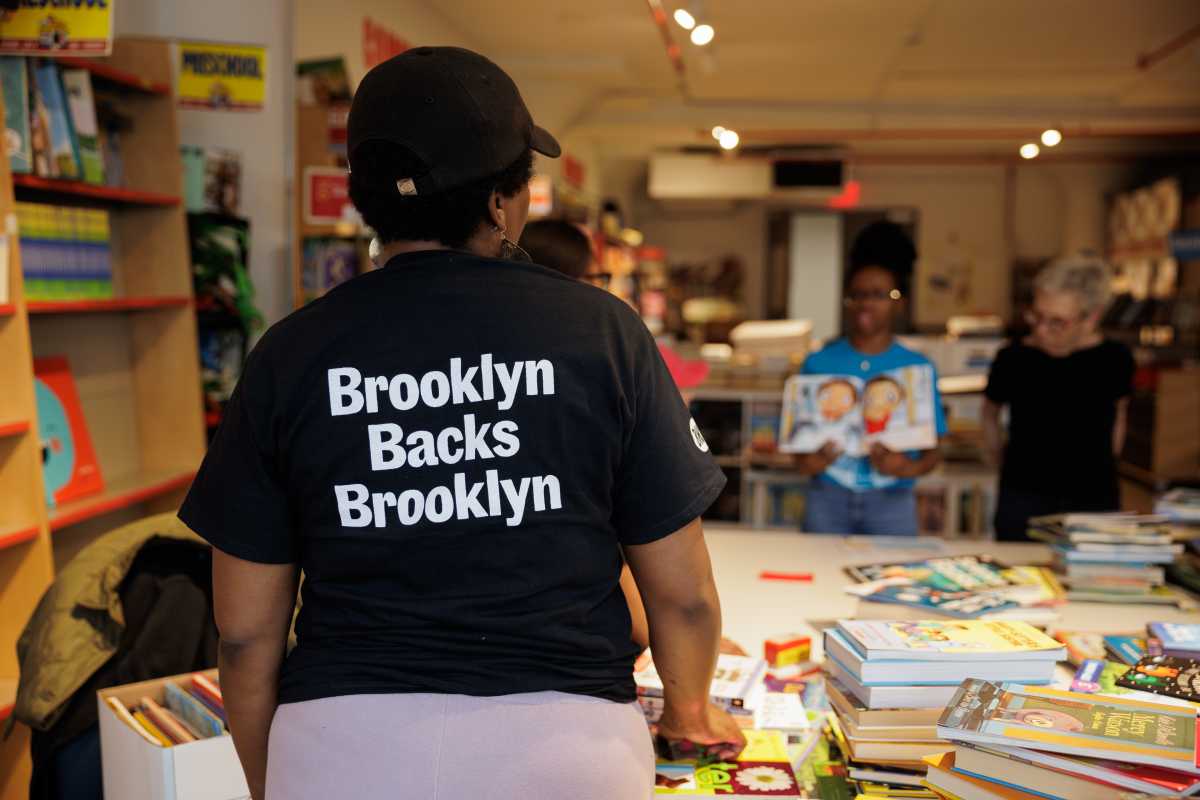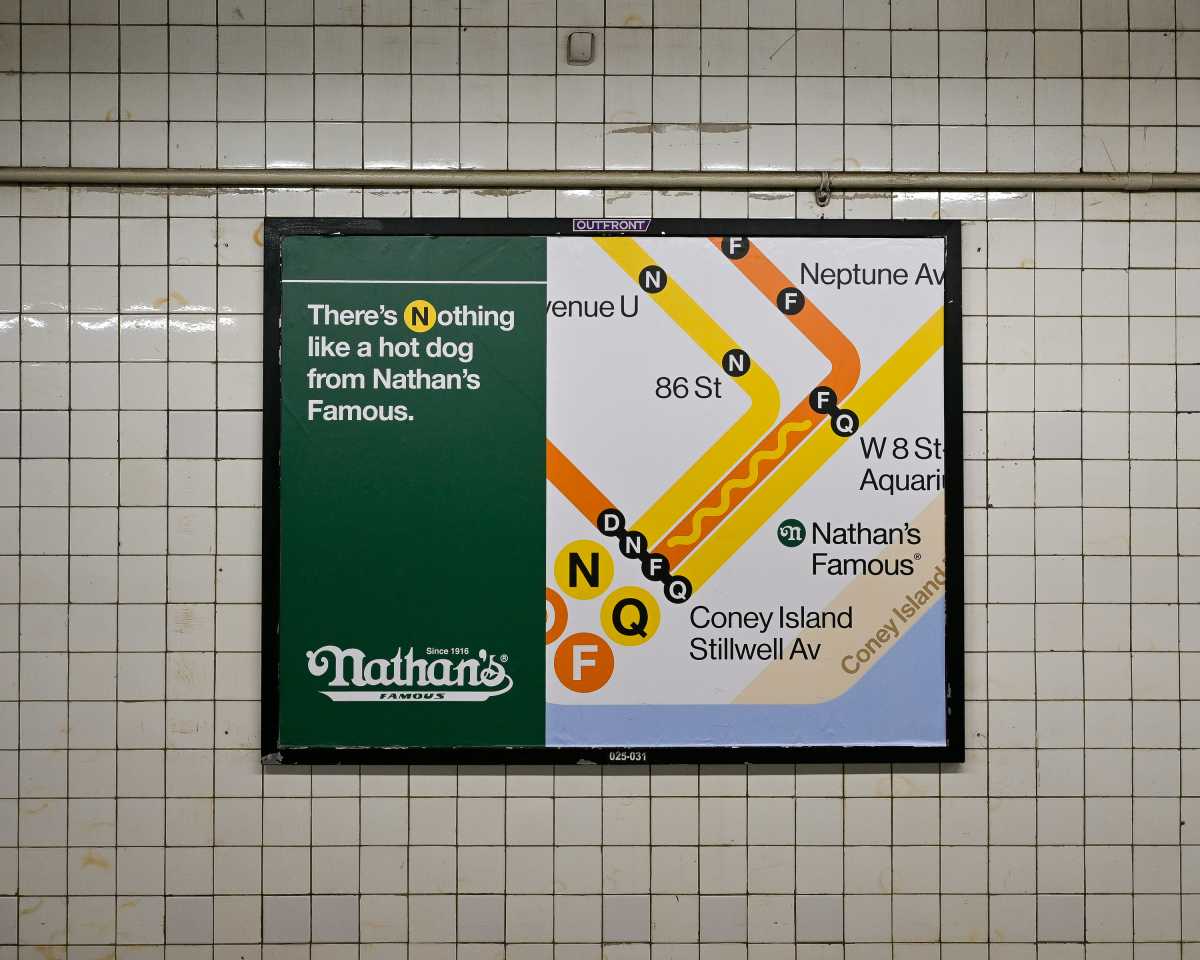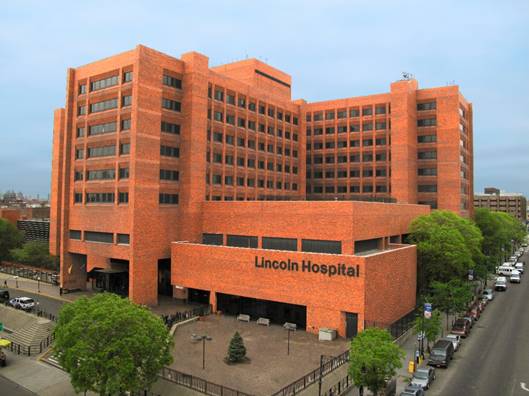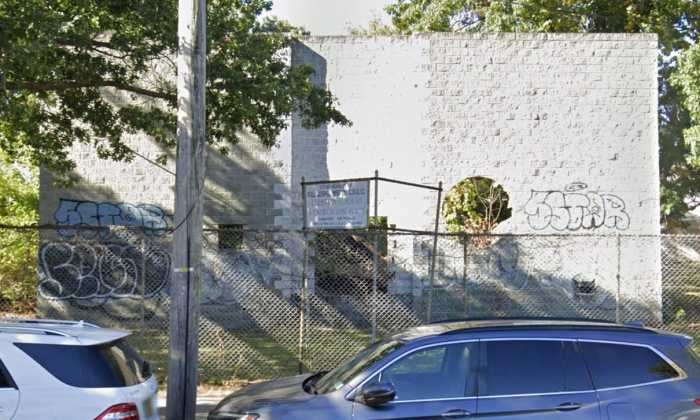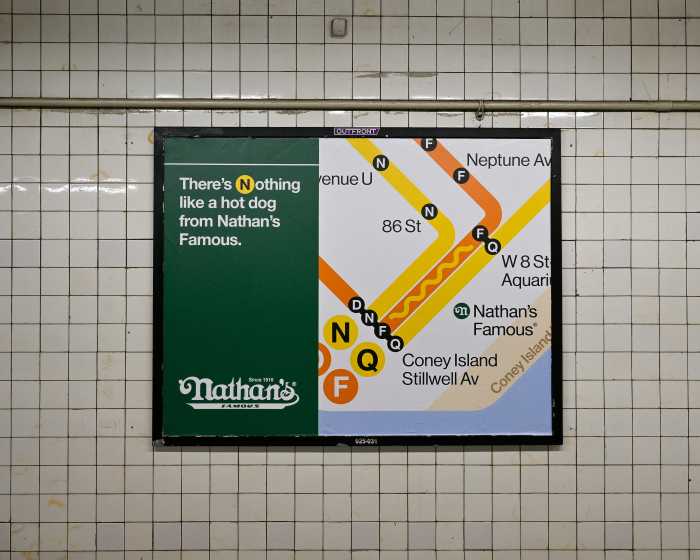By Alphie McCourt
In 1966 I finished my two years of service in the U.S. Army. A year later, in 1967, I took my G.I. Bill benefit and returned to Ireland to study at University College, Dublin, with the idea of becoming a barrister. The G.I. Bill paid me $130 a month and I supplemented my income by returning to New York, during summer and Christmas vacations, to work in a restaurant.
University College, Dublin, situated in Earlsfort Terrace, off Leeson Street, was on the South Side of Dublin. Dublin’s South Side, separated from the unruly North Side by the River Liffey, was Ireland’s political, cultural, social and fashion center.
At 27 years of age I border on being a superannuated student. My rootlessness, my lack of maturity and a certain youthful look, all allow me to blend in. Still, when we gather in the pubs and cheap four-and-six penny lunchrooms of Dublin’s South Side, I am often confounded. My compadres punctuate their conversation with nods and winks. Nods and winks are entirely lost on me. And there are customs and conventions of which I am entirely ignorant. There are things that a gentleman simply does not do. Very often I have the nagging feeling that I am doing those very things at that very moment, that I am breaking all the rules. Am I missing something, a shade of meaning, perhaps, or a rainbow of them, a day at the races, maybe? Or a whole raft of horse racing?
The English will forgive you anything, they say, as long as you do it with style. The Irish expect you to know, to be aware, to be in on the joke, whatever the joke may be. “No fools suffered here” could serve as a national motto.
From time to time, in self-defense, during my almost three-year stay in Dublin, I travel down to Limerick City, where I was born, where I grew up, where the ground is less likely to shift under my feet. Usually I stay with the Costelloes. They had been our next-door neighbors, my second family. Sean Costelloe was my surrogate father. When my brothers all left for the United States, Sean became my surrogate older brother as well. His wife, Mary, was sister, friend and daughter to my mother.
Limerick City, at 120 miles from Dublin, is a three-hour journey by train. I spend a good part of the journey in the bar car. Two small whiskeys, with two bottles of stout singing backup, make for an easy transition.
The train speeds toward Limerick, speeding into memory. Memory, for once, is not receding. Memory waits for me on the station platform in Limerick. I leave the train and walk toward the exit. Trains are diesel now and have been for some years. I feel a foreignness, a layer of awayness, on my skin, but I am reassured by the railway station itself. Walls, rafters, tracks and platforms; all retain their heritage of steam. From this same station we all left Limerick; my mother twice, my three brothers, my father when he took off for England, even my mother’s father when he left to join the British Army. We leave. The station waits. When we return, we are embraced and intoxicated by a great breath of pent-up steam.
Eight years have passed since I left Limerick. I expect to go unrecognized, but, on the platform, among porters and baggage handlers, there are a few familiar faces. They nod in my direction. A Limerick nod, by its very nature, bears no commitment, but these are friendly. A returned Yank now, I take a taxi up to Janesboro, to O’Donoghue Avenue, to the Costelloes’ house. Sean is out working. Of their children, Jack is living in Dublin. Maria is at work. Gerard is at school. Margaret is with a neighbor.
I was always hungry when I lived in Dublin. Was it lack of flavor or was it the smaller portions? Both, I think. I longed for the diners and the neighborhood coffee shops of New York City, where portions are always generous. I remembered Irish people and English people, coming to New York for the first time and totally taken aback at the volume of food. “Another proof that Americans have no culture,” I could hear them think. I smile to myself. In no time at all, I’ll bet, they will be diving into the food, just like the rest of us. I had always welcomed the plenty. Plentiful food tells of the gusto, the openness and the great generosity of the American spirit.
Now, as I knock on the door of the Costelloes’ house, it is pelting rain. And I am hungry. Mary greets me, takes my coat and offers the traditional Saturday lunch: a bowl of packet and tripe. Tripe, the lining of a cow’s stomach, is simmered in water for a couple of hours, then cooked with milk and onions. Packet, a kind of pudding, involves a skin casing and the blood from a sheep’s stomach. This combination, perfect for a wet winter’s day, I demolish in no time. Mary asks, “Would you like a fry?”
“I would.”
Now she brings a plate with eggs, sausage, bacon, black pudding and bread and butter, to be followed by two cups of strong sweet tea. Finished at last, I sit by the fire, at home, and, for the moment, content.
Mary starts to clear the table. Sean arrives. Gifted with a great natural intelligence, now in his middle 40s, Sean has always been spare in physique. Despite serious health problems, he cheerfully endures. Done with his morning rounds, in the rain, on his bicycle, he is drenched and hungry. He hangs up his coat, warms his back at the fire and inquires about the well-being of my family. Rubbing his hands together, he stands in anticipation of the bowl of packet and tripe to come.
When he has finished Mary asks him, as she had asked me, “Would you like a fry?”
Sean is indignant. “A fry? I would not,” he says. “Didn’t I just have the packet and tripe? What do you think I am, a savage?”
Mary dare not look in my direction. She says nothing. Sean looks at me, then at Mary. He notices the bowl, empty now, which had held my serving of packet and tripe. His glance takes in the egg-stained plate at his elbow and its residue of breadcrumbs, sausage and bacon. Again he looks at me. I am red faced with guilt and riddled with laughter. “By crikey!” he exclaims. Mary gives off a single peal of laughter. Sean smiles. Then he chuckles. “A savage, is it? By crikey, that’s a good one.” Slapping his thigh, he begins to laugh. Mary bursts into laughter and I just explode.








